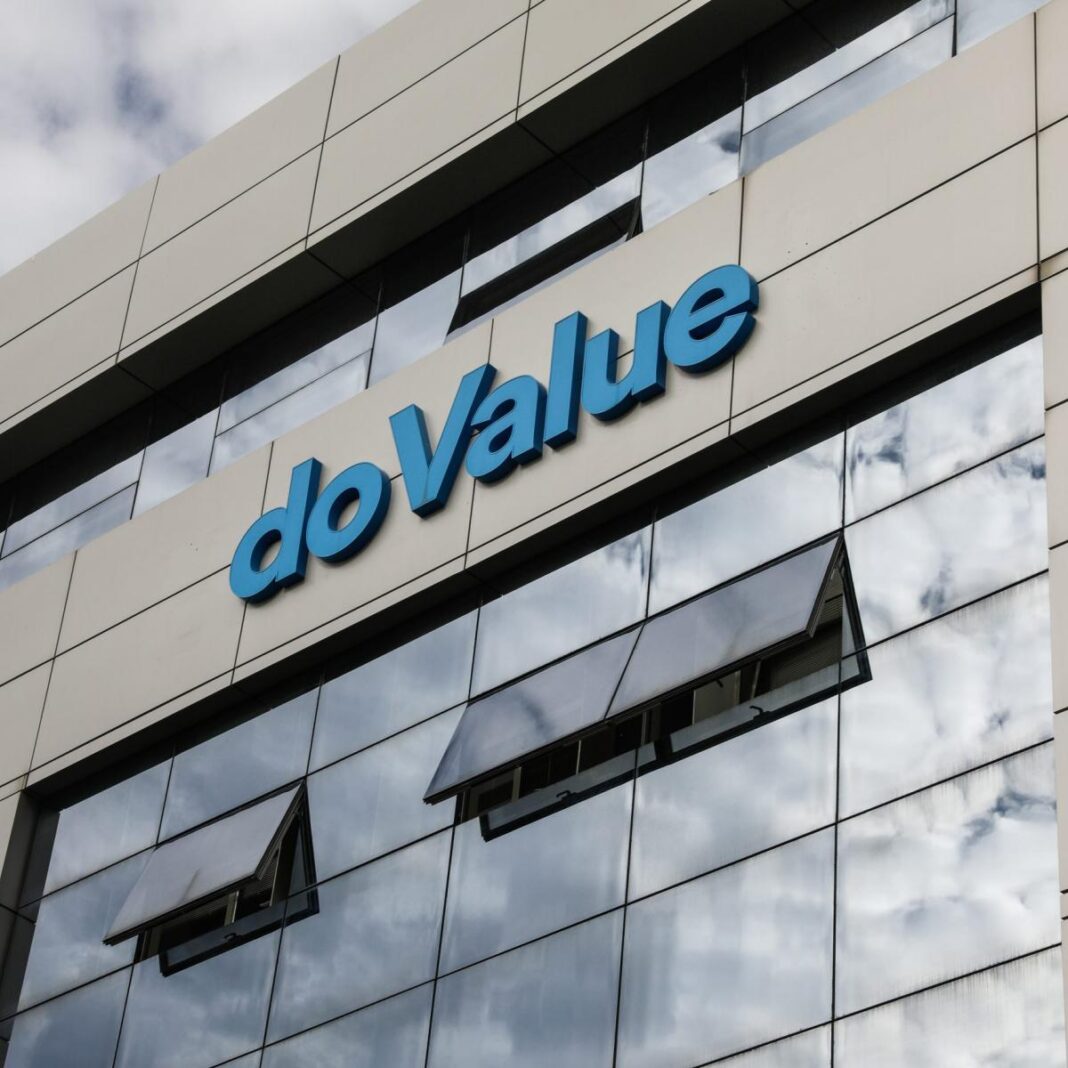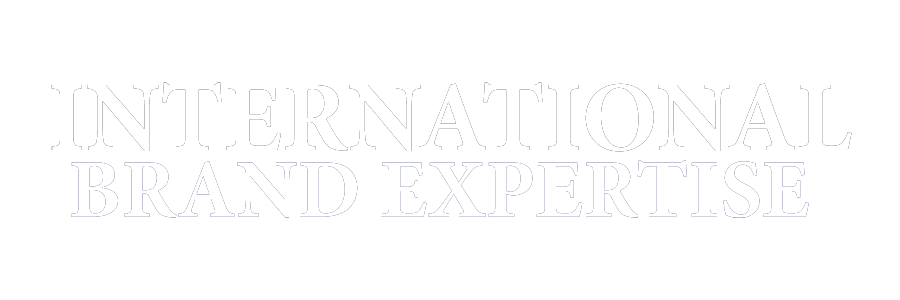Italy’s prominent bad loan firm, doValue, has entered discussions with UniCredit, Italy’s largest bank, regarding a possible extension of their existing contract. This development comes as doValue takes careful measures to anticipate future problematic debts that UniCredit might pass on. This article delves into the dynamics of the relationship between doValue and UniCredit, the factors influencing their contract negotiations, and the company’s strategic approach in managing potential risks associated with debt servicing.
Verona-based doValue emerged in 2015 as a result of a transaction between UniCredit and Fortress Investment Group. In this deal, UniCredit spun off its debt servicing division, establishing doValue as a distinct entity. As a key component of this arrangement, UniCredit and doValue inked a debt management agreement, which has ensured a consistent revenue stream for doValue over the years. The partnership’s roots trace back to this formative period, serving as the backdrop to their ongoing discussions.
Expanding the Horizons
As time progressed, doValue sought opportunities to expand its operations beyond its Italian origins. The company ventured into the Spanish and Greek non-performing loan (NPL) markets, diversifying its portfolio and enhancing its reach. This expansion illustrated doValue’s proactive approach to adapt to evolving market conditions and expand its service offerings beyond its initial scope.
Risks and Considerations
Recently, Milan-based broker Equita raised concerns about doValue’s exposure after reports surfaced that UniCredit was exploring talks with rival bad debt firm Prelios regarding a substantial portfolio of “unlikely to pay” (UTP) loans. UniCredit’s endeavors to evaluate external partners’ performance in managing a 1 billion euro UTP portfolio added a layer of complexity to the landscape. Sources suggest that Prelios, having secured investors to purchase double the value of the original portfolio, appeared poised to secure the deal. However, neither Prelios nor UniCredit provided official comments on these developments.
Strategic Response and Prudent Estimates
Addressing the potential implications of UniCredit’s UTP transactions, doValue’s CEO, Andrea Mangoni, adopted a pragmatic stance. He emphasized the company’s cautious approach in projecting inflows of new non-performing loans from UniCredit. Mangoni highlighted that these projections lean towards conservatism, reflecting doValue’s readiness to face potential challenges. Additionally, Mangoni disclosed that doValue is actively engaged in discussions with UniCredit regarding an extension of their existing contract. This dialogue underscores doValue’s commitment to fostering a mutually beneficial partnership.
Contract Extension and Outlook
Mangoni underscored the negligible impact of UniCredit’s UTP disposal process on doValue’s results. He affirmed that the company’s conservative estimates and ongoing talks with UniCredit about a contract extension position doValue to navigate this period of uncertainty effectively. While acknowledging external developments, Mangoni emphasized the stability of doValue’s projections and its preparedness to address any emerging challenges.
Conclusion
The ongoing discussions between doValue and UniCredit offer insights into the intricate relationships within the financial sector. As doValue navigates potential risks associated with its partnership with UniCredit, its approach showcases a combination of cautious estimation, proactive expansion, and ongoing dialogue. This strategic response exemplifies doValue’s commitment to serving its partners while safeguarding its own interests. Ultimately, the outcome of these discussions will contribute to shaping doValue’s trajectory and its ability to seize opportunities in Italy’s evolving financial landscape.












